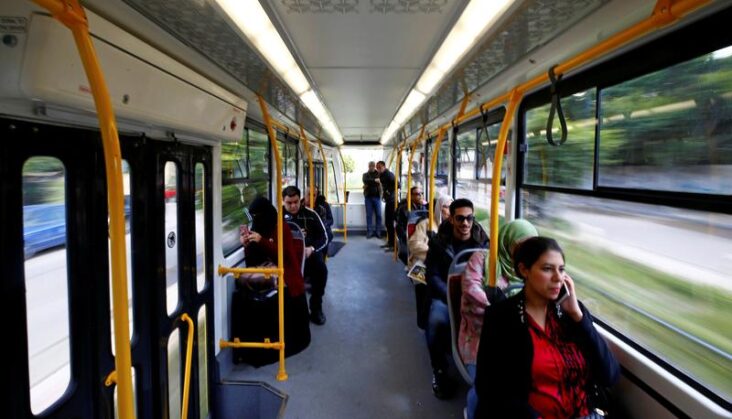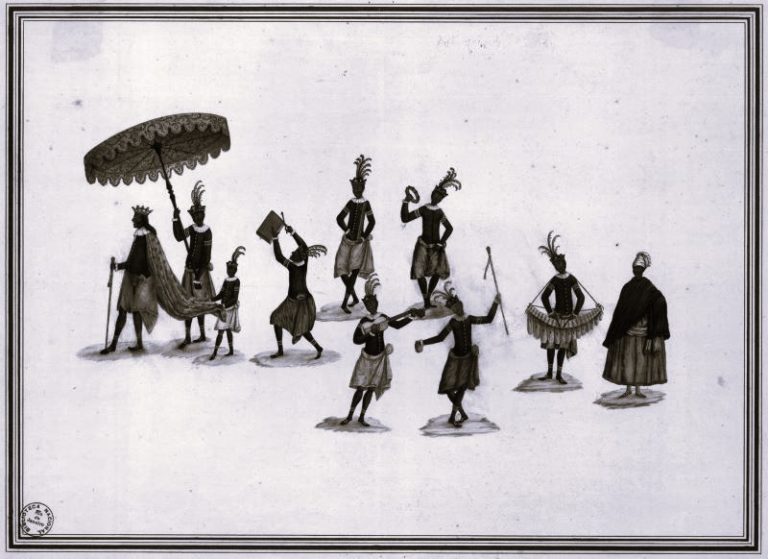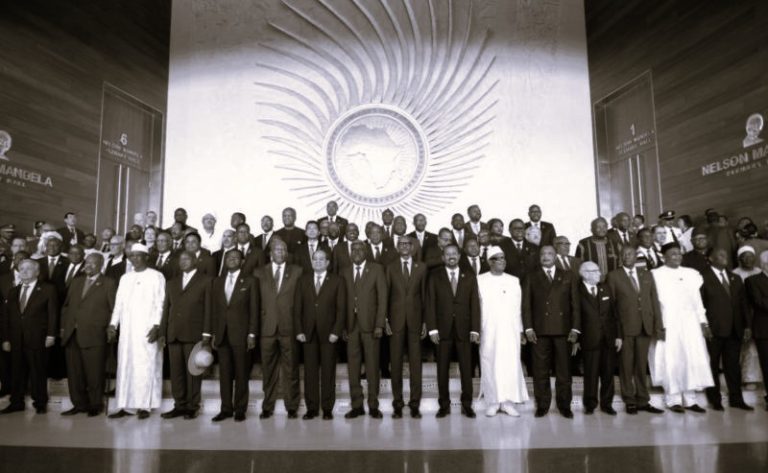


By Dominique Strauss-Kahn
No one today would dare paint Africa’s future as an uncertain one.
Since the start of the 21st century, an overwhelming majority of economic research and op-eds have highlighted the continent’s enormous growth potential.
Despite their diverse backgrounds, advantages and challenges, African countries today have significant economic potential and international discourse will increasingly reflect this reality as time goes by. Strong demographic growth across the continent is creating an active market, inclusive growth opportunities and promising middle-class growth.
The young people of Africa’s already heavily urbanised population are ushering in a modernisation process founded on services and new technologies. Africa’s abundant raw materials, which are often rare, such as the availability of a vast amount of uncultivated arable land, can open up new prospects in the international division of labour if Africa manages to eliminate two problems that continue to darken its horizon today: leadership that is too often unstable and an unimaginative confinement upstream of the value chain.
A decade of development
There is no question that the coming decade is crucial. With the fear of any economic collapse far removed, the decade before us promises to be one of development – development that must benefit African peoples themselves rather than outside states that only see the continent as a driver of their own growth, because their vision is reduced to a new version of outdated colonialism.
Quite the contrary, 60 years after Africa’s political independence, and despite the security issues passed down for the most part by the former colonial powers, the coming decade must be one that affirms the continent’s economic independence.
Sustained efforts will need to be made in several dimensions to guarantee this independence, such as investing heavily in infrastructure and developing regional trade areas that will open the door to private investor interest.
Firstly, let’s talk infrastructure. A lot has been accomplished, but there is much left to do.
When it comes to transport, telecommunications, energy, education, health, etc., most African countries are wide of the mark. The resources needed to fill in these gaps obviously far exceed the funding capacity of said countries. In addition, since debt must be properly contained, the continent’s future depends on substantial contributions from developed countries. Whatever form it may come in, international aid is essential.
Europe on the front line
We are all aware of the usual objections to this conviction. Some will say that aid is anaesthetising, or even harmful according to others, and that Africa has to develop using its own resources. Others will say that developing countries have too many domestic burdens to concern themselves with Africa’s development.
To the first group, I would say that all you need to see is the poverty and destitution rampant in the suburbs of Africa’s major cities to understand that the children living there do not have the time to wait for the continent to develop on its own.
To the second group, I would say that legitimate concerns about retirement income or the extent of unemployment are insignificant relative to the problems that will arise in the coming decades as not tens of thousands, but tens of millions of Africans migrate to the north due to climate disruption and the search for a better life.
What it comes down to, of course, is that Europe must be on the front line and dedicate considerable resources to Africa’s development, resources that are not even comparable to what we contribute today.
However, financing will not do the job on its own. New development models will need to be implemented, such as those pertaining to the types of urbanisation resulting from demographic changes and rural exodus to help incorporate these cities into the global world.
Although urbanisation appears to be drawing the continent into a process that has been occurring extensively on a global scale, what differentiates African cities is their inability to be designated as major cities. Four African cities (Lagos, Kinshasa, Luanda and Abidjan) are counted among the 50 most populated cities on the planet, but none of them are included in the ranking of the top 100 cities in terms of gross urban product (GUP).
Weakness of regional integration
Efforts to expand the market must be pursued, even if the results remain disappointing. Not one meeting of heads of state, not one conference led by international financial institutions, not one university seminar occurs in which people do not lament about the weakness of regional integration.
Regional integration is really essential for African countries to reap the benefits of the continent’s common market, which is not being harnessed. Political will is also necessary, and in that regard, only Africans themselves can change the status quo. Many growth percentage points could be gained via this route, although it has nothing to do with outside financing and everything to do with African decision-making.
This applies to monetary zones, for one, and the debate over the CFA franc serves as a perfect example. Clearly, reforms need to be made and I had the opportunity to express my opinion on the topic in a past op-ed. Beyond the symbolic dimension, this is about expanding the monetary cooperation zone so as to bring monetary boundaries in line with economic realities.
Things appear to be headed in the right direction, but to make real progress, these zones will need to integrate the economies of sub-regions. This will require efforts backed by – and yet transcending – currency, and will create the common market that all industries need.
These are, in my view, the essential building blocks for sustained development over the coming decade, while intensive work to complete productive and social infrastructure projects, which will primarily be financed by developed countries with Europe leading the way, and the creation of true common markets in revisited monetary zones form a major driver of development.
Private capital
Then, and only then, will the third component, that which will ensure the sustainability of African development, unlock its full power; here, I’m of course referring to productive investment made possible by private financing. Whether private financing is used to boost African private equity or the growing initiatives to direct money transfers from the African diaspora (representing $65bn per year) to the productive economy, its success depends on the environment created by infrastructure and the common market.
Building infrastructure and the common market involves a tremendous amount of work, but these two necessities will unleash Africa’s growth potential and are key to the continent’s – and Europe’s – survival.
Originally published by The Africa Report, 12.31.2019, republished under non-indexable fair use for educational, non-commercial purposes.


